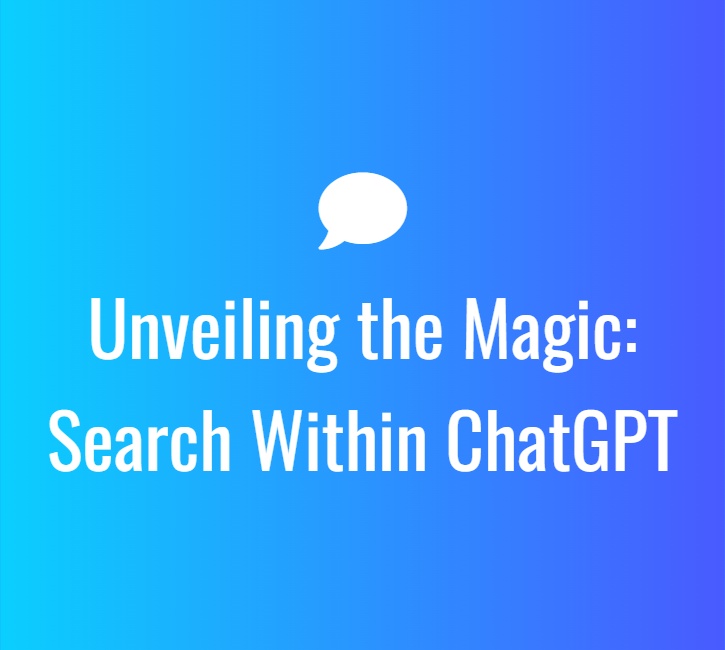Today, within the realm of Artificial Intelligence (AI), a momentous occurrence transpired as OpenAI, under the leadership of Sam Altman, introduced a groundbreaking enhancement to its esteemed conversational agent, ChatGPT. The eagerly awaited live broadcast, enveloped in secrecy until its culmination, disclosed a pivotal advancement – ChatGPT now possesses the capability to explore the vast expanse of the internet and attribute sources!
This revelation, unveiled a mere day prior to Google’s highly anticipated I/O Event 2024, has ignited speculation that OpenAI might be strategically positioned to seize the spotlight. While Google has maintained silence regarding its forthcoming AI unveilings, OpenAI has undoubtedly captivated attention with the promise of a “magical” augmentation to ChatGPT.
Yet, what ramifications does this hold for ChatGPT and the realm of online exploration? Let us embark on an exploration.
Revealing the Enchantment: Inquiry Within ChatGPT Accounts from reputable sources such as The Information and Bloomberg indicate that OpenAI has been diligently crafting a search functionality slated for integration within ChatGPT. This metamorphosis elevates ChatGPT beyond a mere conversational agent to a multifaceted AI tool, enabling it not only to engage in dialogue but also to scour for information and furnish citations to substantiate its responses. Such a transformation renders ChatGPT less enigmatic and fosters greater confidence in its insights.
Although specifics regarding the search mechanism powering ChatGPT remain scarce, speculation hints at a potential collaboration with Bing, given Microsoft’s close ties with OpenAI. This integration could potentially disrupt Google’s hegemony over the search engine domain.
Google vs. OpenAI: The Clash of AI Titans Intensifies The timing of OpenAI’s announcement has undoubtedly kindled speculation about an impending clash between these two AI juggernauts. Google, armed with its Gemini array of AI models, may feel compelled to elevate its performance. With both entities purportedly vying for a coveted spot as the AI conversational agent in Apple’s forthcoming iPhone, the rivalry is poised to escalate.
Moreover, whispers abound that OpenAI is in the throes of developing an AI voice aide, further broadening its AI repertoire. This holistic approach to AI evolution positions OpenAI as a formidable contender against Google, thereby heightening anticipation for the impending I/O Event.
What Lies Ahead for AI Exploration?
OpenAI’s announcement heralds a monumental stride toward AI-fueled search mechanisms. Whereas Google Search presently relies on algorithms to traverse and index web content, ChatGPT’s search prowess could harness the potency of natural language processing (NLP) to discern user intent and furnish more nuanced outcomes.
This paradigm shift toward AI-driven exploration harbors the potential to revolutionize online information retrieval. Search queries may assume a more conversational tone, with results tailored to individual predilections.
However, it behooves us to contemplate potential hurdles. AI-driven search engines may contend with challenges such as bias and misinformation, necessitating the implementation of robust algorithms and conscientious developmental practices.
In summation, OpenAI’s unveiling has stirred the AI landscape and ignited discourse regarding the future of exploration. With Google poised to respond at its forthcoming I/O Event, we are on the precipice of a riveting chapter in the annals of AI. The ensuing months shall unveil how these strides redefine our interaction with online information.
Discover more from TechResider Submit AI Tool
Subscribe to get the latest posts sent to your email.

